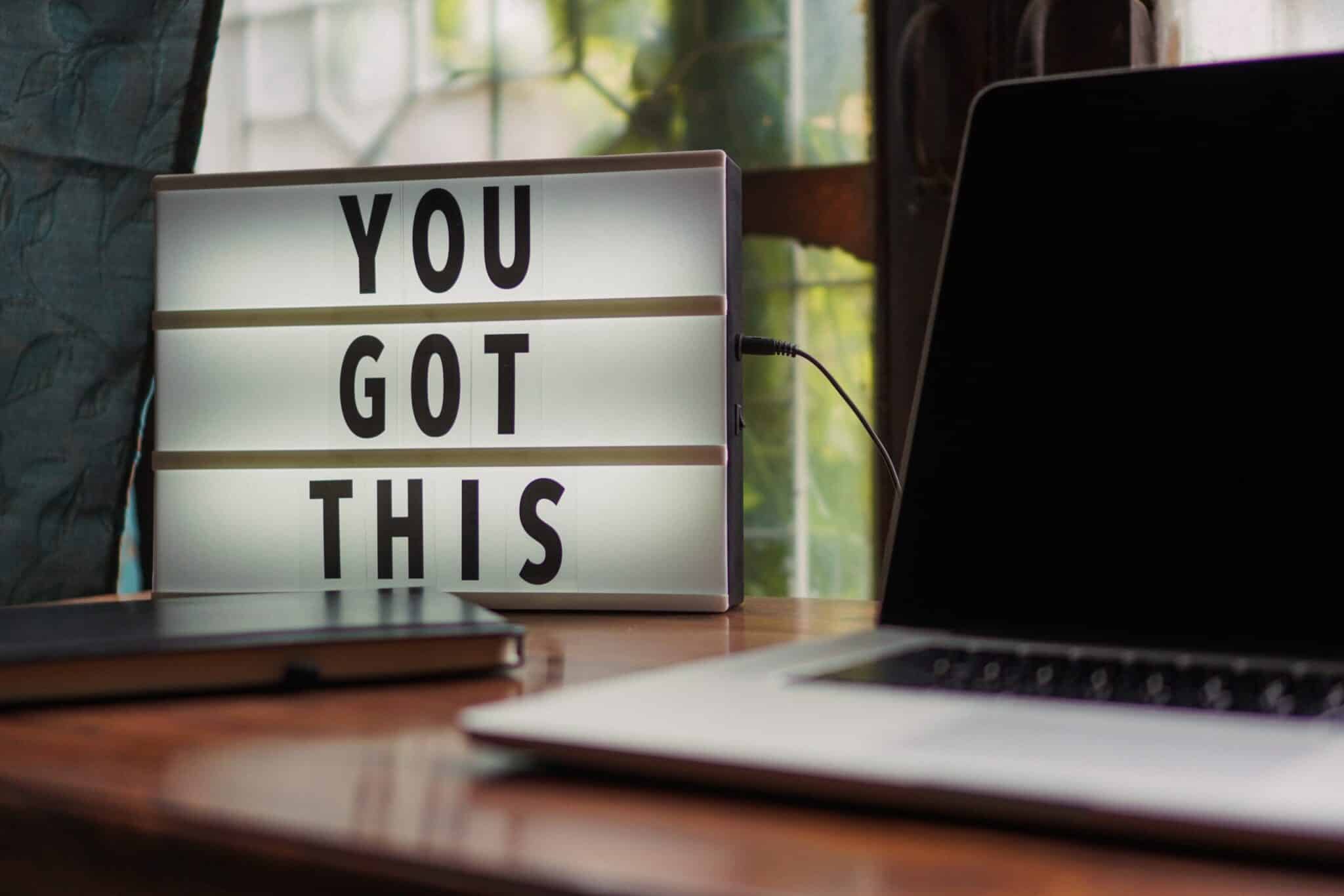DO you fear the question how are you?
This same question prompted Elisse Lucas, 28, to say, “I am not okay.”
During the pandemic, Lucas lost touch with her friends due to the lockdowns, and it was only after the quarantine restrictions were lifted that she was able to see them in person again.
Like most people around the world confined at home at the height of the health crisis, Lucas became emotionally unstable due to a lack of interaction with her friends.
Losing the self
According to her, she was on the verge of losing herself again because it felt like the quarantine was too suffocating and lingering.
“I have been dealing with a lot of personal issues, and I only trust my friends to tell them these things in person,” Lucas said.
According to her, she is uncomfortable discussing personal issues with her friends online because she’s living in a dormitory, and it is not a “friendly” place for her to cry.
“If you’re renting a bedspace dormitory in the metro and your friends are in the province, it’s really hard to tell your personal rants because you also need to respect your roommates’ personal space,” she said.
She had been feeling a heavy sensation for more than eight months, so the moment she was able to go home to the province to finally meet her friends again, the first welcoming question that made her break out in tears was: kumusta ka? (how are you?)
Seeing her friends again made her feel like the great weight of her struggles was lifted from her shoulders.
Benefits of catch-ups
A study published by the Journal of Personality and Social Psychology found that physical catch-ups are not always the key to maintaining a good friendship and, most importantly, keeping one’s sanity.
Approximately 6,000 participants with diverse races and cultures were asked to contact a friend they had lost touch with via text, phone call, or email after a prolonged period of no contact.
Researchers revealed that after the unexpected catch-up, receivers had expressed appreciation for the contact even when the message was unexpected.
“In our research, we’re finding that receivers feel even more appreciative of being reached out to when they weren’t expecting it,” lead author Peggy Liu said in a report.
Liu likewise said that when something positive happens to someone, especially if it’s surprising, like a friend reaching out, it “amplifies the positivity of the experience.”
For her part, Lucas said the simple “how are you?” especially at the time of the pandemic when most people carried their own burdens inside, makes someone feel included, loved, and appreciated.
“At the time when the pandemic isolated us, hearing that ‘how are you?’ means my existence matters to them and that I should keep fighting my inner battles for the people that cherish me,” she said.
Truly, presence helps lighten emotional burdens. So check on your friends and ask them, “How are you?,” and wait for the magic that will make them smile and feel loved and cared for.








